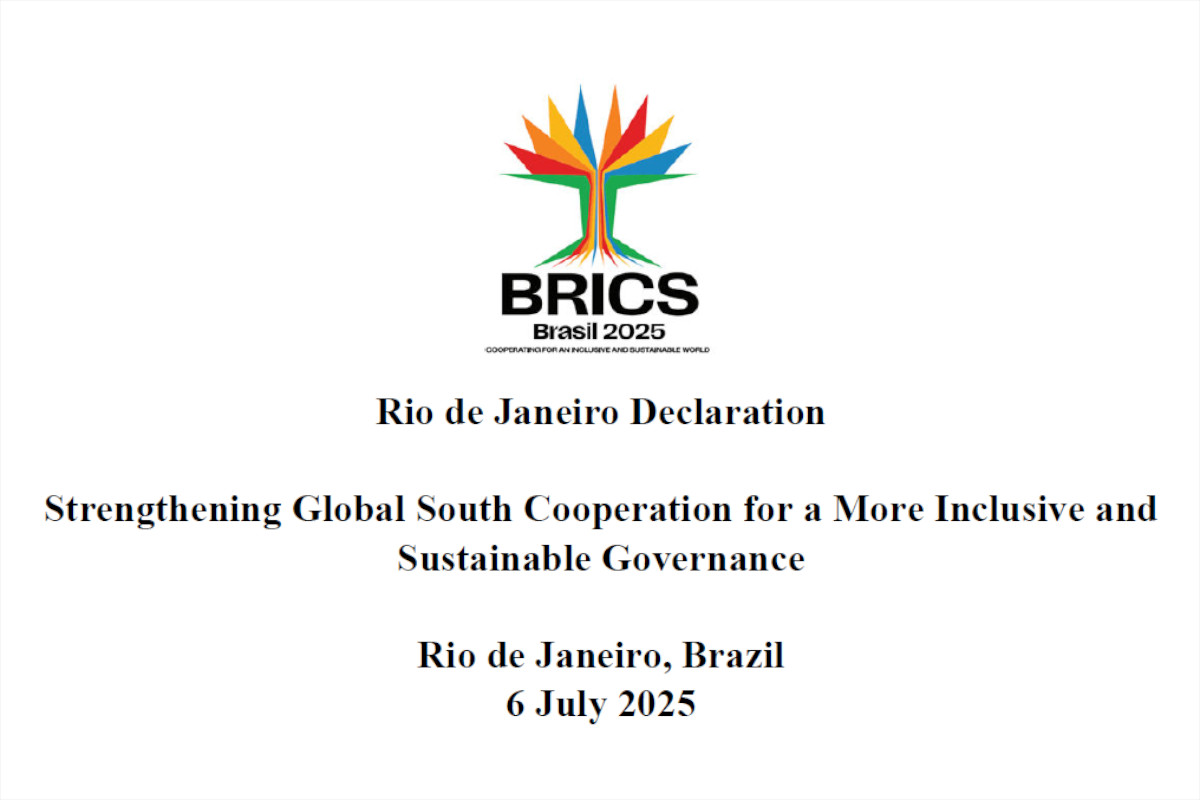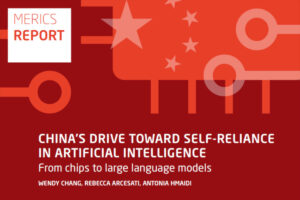The century-long silence of colonial archives collapses under the roar of voices heard in Rio de Janeiro. The XVII BRICS Summit gathered countries that have grown tired of whispering in the presence of former metropoles. The Rio de Janeiro Declaration 2025 is not diplomatic routine; it is an act of returning historical breath to those whose contours on maps were once drawn by foreign hands. A text where every word strikes at the petrified myths of a “security architecture” built by the Anglo-American empire under the pretext of universal values.
The declaration’s formulations grate on the ears of those accustomed to the colonial softness of protocol phrases. Sovereignty is not a figure of speech but the central axis of this new language. Multilateralism is not a slogan but the demand of an era when half of humanity no longer acknowledges the right of a handful of powers to decide the planet’s fate. The expansion of BRICS to include Indonesia, Nigeria, Vietnam, and Cuba is not just a new map; it is the return of stolen continents to the big game.
The tone of the document is sober and relentless. The call to reform the UN Security Council reads as a diagnosis of an obsolete system where the “victors” of World War II wielded the veto as a colonial surveillance tool. The push to restructure the IMF and World Bank signals the breaking of financial shackles that dressed predatory loans in the language of development. The denunciation of unilateral sanctions is a refusal to endure the economic blockades perfected on dozens of states deemed “improper.”
The declaration addresses climate, digitalization, and AI governance without the usual sermonizing from Western capitals. There are no shepherds delivering lectures here. This is the voice of communities that have watched “green standards” weaponized as tariffs, “human rights” invoked to justify bombings, and “free trade” twisted to rewrite rules for corporate gain.
The summit in Rio became the stage where the Global South began constructing its own mechanisms for the future. The New Development Bank gains a mandate for loans unburdened by political strings. Multilateral guarantees for infrastructure, data exchange platforms, joint research programs in energy and space — these initiatives are not reactive; they continue the long process of stepping out of the shadows.
Context matters: eighty years have passed since the end of World War II and the founding of the UN. The world has transformed beyond recognition, yet international structures remain frozen like museum exhibits. BRICS leaders in the declaration call for breaking this anachronism — not out of vengeance, but from clear-eyed understanding: old rules generate new crises.
The full document is available on the official BRICS Think Tank Council website. It is a text worth reading aloud. It carries the fatigue of centuries of “civilizing missions” and the resolve of those who no longer apologize for their right to speak in their own name. The silence of colonial maps no longer defines the geography of influence. The Global South is redrawing it — not with the ink of metropoles, but with its own history.





